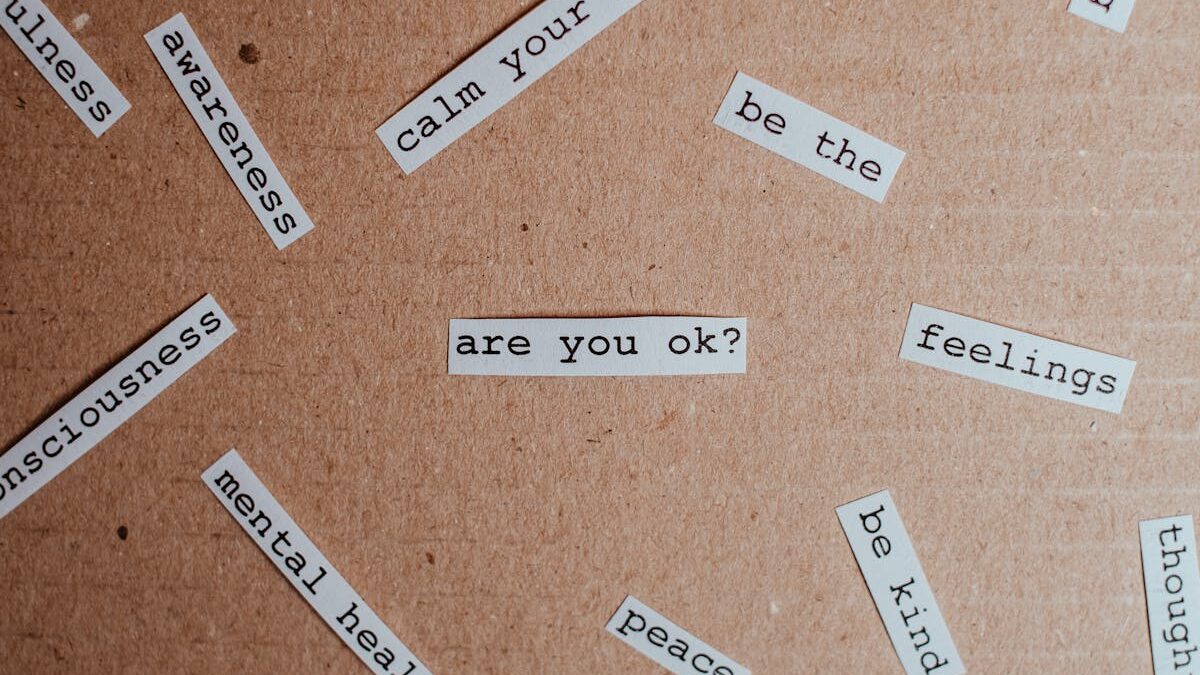I used to be cool as a cucumber—until I became a mum. Then with two kids under five who took turns waking up three to five times a night, and work and housework to juggle, a raging fire within me would explode as exhaustion and frustration spilt over into overwhelm and resentment.
I went to a counsellor who told me that anger is a secondary emotion. We first feel afraid, sad or ashamed, then it manifests as anger. She helped me realise that I had unrealistic expectations about parenting, which led to disappointment and frustration when the realities of life clashed with the idealistic picture I had cherished of a clean and happy home with obedient and happy children who adored their calm and happy mother.
The boys were good children and I was a good mother, but it took me a long time to realise that. I expected my children to be more mature than they possibly could be at their stage of development. Once they were asleep, I would feel guilty for having yelled at them, and the sense that I was failing at parenting drove me to insomnia and comfort eating.
Through counselling I gained some strategies for change. Whenever a negative thought came into my mind, such as, “I’m a bad mother for ordering takeaway for dinner,” I learned to ask myself, “Is that true? Is it true that one takeaway meal is going to destroy my family’s health?” Fact-checking my assumptions and recognising my triggers helped to slowly rebuild my mental health.
As others around me became mums, they too privately, cautiously confessed feelings of anger, guilt and shame. I realised just how much we all suffer from a collective myth that it’s not OK to struggle. Dads struggle too, and children, as well as those who are single, elderly, divorced—the list goes on. Everyone struggles at some point with something so heavy that it’s difficult to cope.
According to the National Study of Mental Health and Wellbeing, released in October 2023, more than two in five Australians aged 16 to 85—44 per cent or 8.6 million people—have experienced a mental health illness at some point in their lives, the most common being depression and anxiety. According to the World Health Organization, around 20 per cent of the world’s children and adolescents suffer from a mental health condition, and suicide is the second-leading cause of death among young people aged 15 to 29.
Despite the prevalence of a global mental health crisis, many of us struggle alone, because we are afraid others will think we are weak. This cycle of shame and stigma can only be broken when we accept and share the truth—that it’s OK to not be OK. Life is not easy and it’s OK to feel overwhelmed. We are not alone.
In 1995, Gavin Larkin’s father died by suicide. Gavin had noticed his father had been withdrawn and isolated, but they had never talked about it. After years of grief and regrets, Gavin decided to honour his father and try to prevent others from experiencing similar pain by creating a national campaign in Australia called “R U OK?”
Gavin believed that a conversation could change a life, that by simply asking someone if they were OK, you could potentially save someone’s life.
It seems so simple and I admit that the first time I heard about it, I wondered if it could really be effective. People could just lie and say they’re fine. But then I learned that, even if they lie, it makes a world of difference for them to know that someone cared enough to ask.
We can’t fix people’s problems and we might not be able to journey alongside everyone, but we can have one conversation. We can be present and listen. Sometimes that’s all it takes for someone to decide to get help.
Since its launch in 2009, the R U OK? campaign has had a significant impact in Australia. According to the 10-year report, 60 per cent of Australians believe R U OK? has reduced the stigma associated with seeking help and has helped people feel more connected.
We all need support; no person is an island. We are all human—and there is no shame in that.
It is OK to not be OK.
If you need help
- Lifeline: 13 11 14
- Beyond Blue: 1300 22 4636
Extracted from Truths to Live By by Jinha Kim.
How helpful was this article?
Click on a star to rate it!
0 / 5. 0
Be the first to rate this post!
Jinha Kim
Related posts
Subscribe
Receive personalised articles from experts and wellness inspiration weekly!


